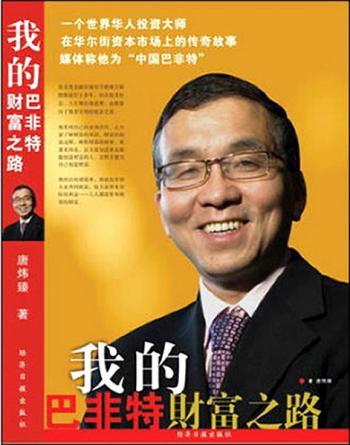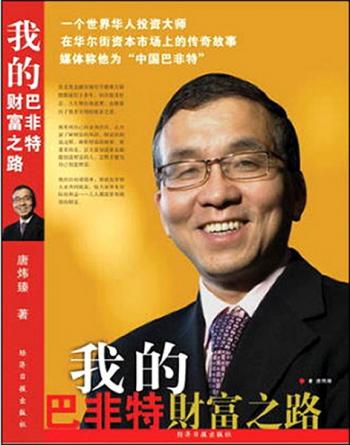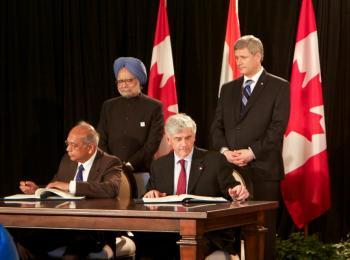Four months ago, life was good for Weizhen Tang. It was December and the so-called “Chinese Warren Buffett” was welcomed at Beijing’s Diaoyutai State Guesthouse, a site traditionally reserved for visiting foreign officials.
Mr. Tang was the toast of the occasion, rubbing elbows with Chinese officials and media. It was an event celebrating “wealthy and intelligent” Chinese, and the Toronto-based investor was honoured with the “Award for Best Credibility.”
But that credibility was called into question recently after investigators with the Ontario Securities Commission accused Tang of defrauding his investors of as much as $60 million, allegedly part of a Ponzi scheme in which old investors were paid with new investors’ money.
On March 17 the Ontario Securities Commission ordered that Tang and his companies cease trading so that investigators could probe the allegations further.
On Wednesday, the commission extended that cease-trade order to Sept. 10.
The Rise and Fall of ‘Chinese Warren Buffett’
Weizhen Tang accused of defrauding ethnic Chinese investors $60 million

The cover of Weizhen Tang's book, 'My Road to Buffettian Wealth'
|Updated:




